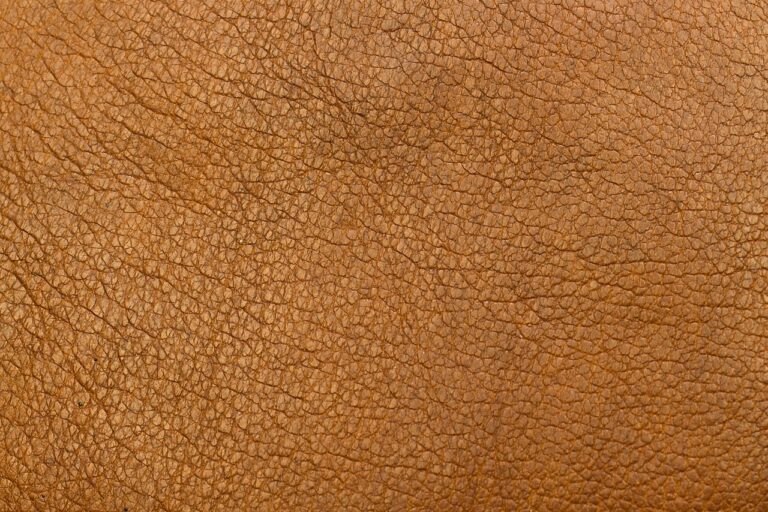The Power of Habits: How They Shape Our Daily Lives
Have you ever wondered why some people seem to effortlessly achieve their goals while others struggle to make progress? The answer lies in the power of habits. Habits are the building blocks of our daily lives, shaping our behaviors, decisions, and ultimately, our destiny. In this article, we will explore the profound impact of habits on our lives and how we can harness this power to create positive change.
The Science of Habits
At its core, a habit is a routine behavior that is repeated regularly and often subconsciously. Habits are formed through a process called habit loop, which consists of three stages: cue, routine, and reward. The cue triggers the brain to automatically execute a routine behavior, which is then followed by a reward that reinforces the habit loop. This process is deeply ingrained in our brain’s neural pathways, making habits difficult to break once they are established.
The Power of Habit Loops
Habit loops play a crucial role in shaping our daily lives. From brushing our teeth in the morning to scrolling through social media before bed, habits dictate a significant portion of our activities. By understanding the mechanics of habit loops, we can leverage their power to create positive habits that support our goals and well-being.
Breaking Bad Habits
Breaking bad habits can be challenging, but not impossible. By identifying the cue, routine, and reward of a habit loop, we can disrupt the cycle and replace the unhealthy behavior with a more positive one. Whether it’s quitting smoking, reducing screen time, or improving diet and exercise habits, breaking bad habits requires dedication, awareness, and persistence.
Forming Good Habits
On the flip side, forming good habits is equally important for personal growth and success. By establishing positive routines such as regular exercise, healthy eating, mindfulness practices, and goal setting, we can cultivate habits that contribute to a fulfilling and meaningful life. It takes time and effort to develop new habits, but with consistency and motivation, we can rewire our brain for success.
The Habit Loop in Action
Let’s take a closer look at how the habit loop operates in real-life scenarios. For example, hitting the snooze button every morning may seem like a harmless habit, but it can disrupt your sleep cycle and productivity. By identifying the cue (alarm ringing), routine (hitting snooze), and reward (extra minutes of sleep), you can consciously break this habit loop and establish a healthier morning routine.
The Impact of Habits on Mental Health
Our habits not only influence our physical health but also have a profound impact on our mental well-being. Negative habits such as procrastination, negative self-talk, and excessive screen time can contribute to stress, anxiety, and depression. By cultivating positive habits such as mindfulness, gratitude, and self-care, we can improve our mental resilience and overall happiness.
Creating Habit Cues and Rewards
One effective strategy for forming or changing habits is to create specific cues and rewards that reinforce the desired behavior. For example, if you want to establish a daily exercise routine, you can set a cue such as laying out your workout clothes the night before and reward yourself with a healthy post-workout snack. By associating the habit with a clear cue and a satisfying reward, you can increase the likelihood of its successful adoption.
Overcoming Habit Plateaus
It’s common to experience plateaus or setbacks when trying to establish new habits. Instead of getting discouraged, use these obstacles as opportunities for self-reflection and growth. Reflect on what may be causing the resistance to change, adjust your approach if necessary, and seek support from friends, family, or a professional if needed. Remember that change is a gradual process, and setbacks are a natural part of the journey to personal transformation.
FAQs
What are habits?
Habits are routine behaviors that are repeated regularly and often subconsciously. They are formed through a habit loop consisting of cue, routine, and reward.
How can I break bad habits?
To break bad habits, identify the cue, routine, and reward of the habit loop, and disrupt the cycle by replacing the unhealthy behavior with a more positive one. It requires awareness, dedication, and persistence.
How can I form good habits?
To form good habits, establish positive routines such as regular exercise, healthy eating, mindfulness practices, and goal setting. Consistency and motivation are key to developing new habits.
What is the impact of habits on mental health?
Our habits influence our mental well-being, with negative habits contributing to stress, anxiety, and depression. By cultivating positive habits such as mindfulness, gratitude, and self-care, we can improve our mental resilience and overall happiness.
By understanding the power of habits and how they shape our daily lives, we can take control of our behaviors and create a life filled with purpose, meaning, and fulfillment. Whether it’s breaking bad habits, forming good ones, or overcoming habit plateaus, the key is to cultivate self-awareness, resilience, and a growth mindset. With the right mindset and tools, we can harness the transformative power of habits to become the best version of ourselves.






